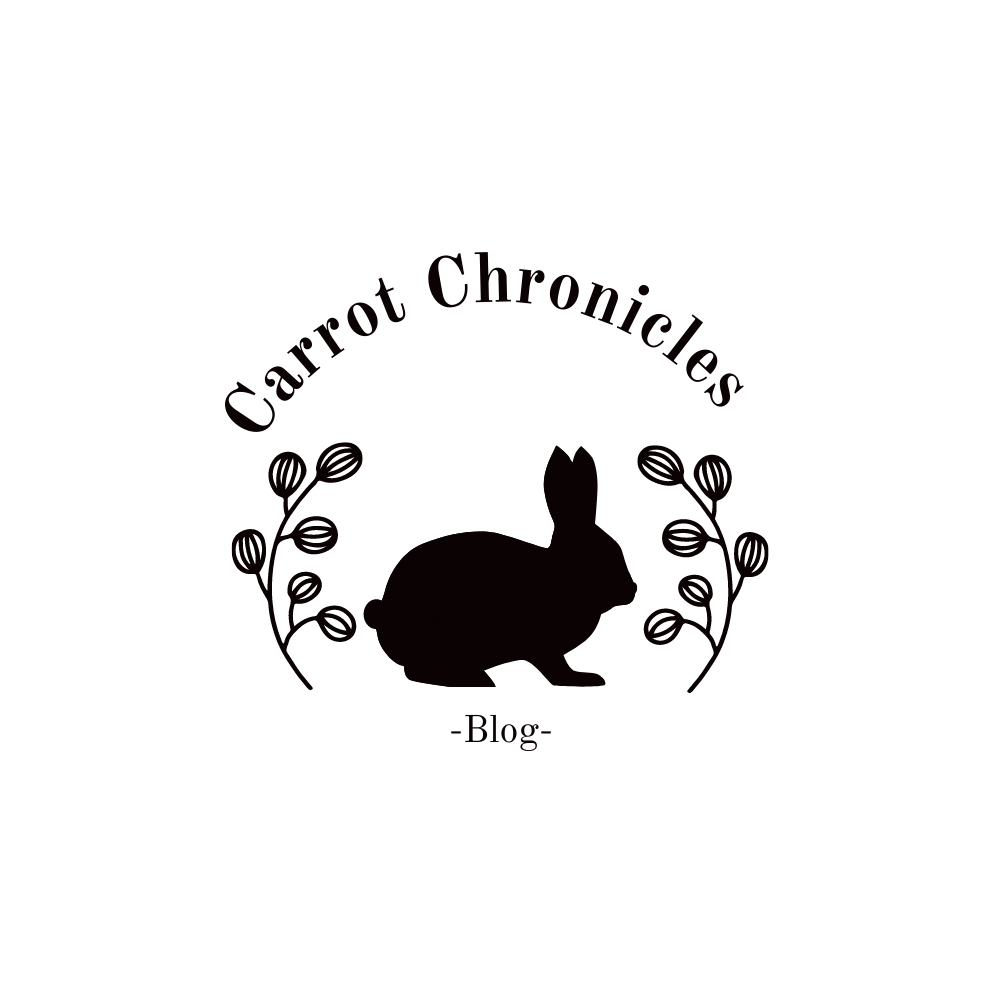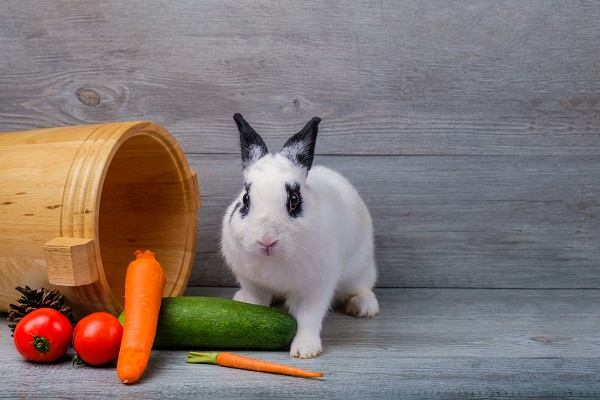Introduction:
Rabbits make delightful pets, and their well-being is a top priority for responsible pet owners. One common question is whether can rabbits eat cabbage core. This article will delve into the intricate details of a rabbit’s diet, explore the nutritional aspects of the cabbage core, and provide insights into ensuring a balanced and healthy diet for these furry companions.
Understanding a Rabbit’s Diet:
The Importance of a Balanced Diet:
Maintaining a well-balanced diet is crucial for pet rabbits’ overall health and longevity. A balanced diet supports proper growth, a robust immune system, and energy levels essential for their playful nature.
Critical Components of a Rabbit’s Diet:
Rabbits thrive on a fiber-rich diet, essential nutrients, and hydration. A combination of hay, fresh vegetables, and a controlled amount of pellets forms the foundation of a healthy rabbit diet.
Cabbage Core: A Nutritional Overview:
Nutrients in Cabbage Core:
Cabbage core is not only crunchy and tasty but also packed with nutrients. It contains essential vitamins like vitamins C and K and minerals that contribute to a rabbit’s well-being.
Potential Health Benefits:
The nutritional content of the cabbage core can offer potential health benefits, including improved digestion, immune system support, and the promotion of healthy fur.
Can Rabbits Safely Consume Cabbage Core?
Digestive Concerns:
While cabbage core provides nutritional benefits, it’s essential to be cautious. Excessive consumption can lead to digestive issues, such as gas or bloating. Moderation is crucial to avoid potential discomfort for your furry friend.
Moderation is Key:
Including a cabbage core in a rabbit’s diet is acceptable, but moderation is key. It should be offered as a treat rather than a primary food source. Monitoring your rabbit’s response to this new addition is vital for their well-being.
Preparing Cabbage Core for Rabbits:
Raw or Cooked?
Rabbits can enjoy cabbage core, both raw and cooked. However, offering it naturally preserves more of its nutritional value. Ensure proper washing to remove any pesticides or contaminants before serving.
Serving Sizes:
Start with small portions to gauge your rabbit’s response when introducing the cabbage core. Gradually increase the amount, observing for any signs of digestive discomfort.
Signs of Overfeeding Cabbage Core:
It’s crucial to be aware of signs indicating that your rabbit might be consuming too much cabbage core. Symptoms such as lethargy, changes in stool consistency, or a lack of interest in other foods may signal overfeeding.
Alternatives to Cabbage Core:
Diverse Vegetable Options:
Diversifying your rabbit’s diet is essential. Explore other rabbit-safe vegetables like kale, broccoli, and carrots to provide a variety of nutrients.
Incorporating Hay into the Diet:
Hay is a rabbit’s diet staple, promoting dental health and aiding digestion. Ensure a constant supply of fresh hay to meet their fiber requirements.
Recipes for a Balanced Rabbit Diet:
Homemade Rabbit Treats:
Consider preparing homemade rabbit treats using rabbit-friendly ingredients. This allows you to control the ingredients and ensure a healthy snack.
Pellets vs. Fresh Foods:
While commercial pellets are convenient, supplementing them with fresh, natural foods enhances the nutritional diversity of a rabbit’s diet.
Ensuring Hydration:
Importance of Water:
Hydration is paramount for rabbits. Ensure access to fresh, clean water at all times. Proper hydration supports digestion and overall well-being.
Creative Ways to Encourage Hydration:
To make hydration enjoyable, consider adding a rabbit-safe water bottle to their living space or incorporating water-rich vegetables into their diet.
The Role of Veterinarian Guidance:
Regular Check-ups:
Regular veterinary check-ups are essential for monitoring your rabbit’s health. Discuss their diet with the veterinarian to receive personalized advice based on their needs.
Seeking Professional Advice:
If in doubt about a particular food item, seek professional advice. Veterinarians specializing in exotic pets can guide a suitable diet for your rabbit.
Common Misconceptions About Rabbit Diets:
Myth vs. Reality:
Dispelling common myths about rabbit diets is crucial. From the misconception that all vegetables are safe to the idea that rabbits don’t need a varied diet – addressing these myths promotes better rabbit care.
Addressing Diet Misinformation:
Education is critical in addressing misinformation. Providing accurate information about rabbit diets ensures pet owners can make informed decisions about their furry friends’ nutrition.
Personal Experiences: Rabbit Owners’ Insights:
Sharing Success Stories:
Learning from other rabbit owners’ experiences can be insightful. Share success stories of rabbits thriving on a balanced and diverse diet.
Learning from Challenges:
Acknowledging challenges and sharing how they were overcome helps create a supportive community of rabbit enthusiasts.
Conclusion:
In conclusion, can rabbits eat cabbage core as part of a well-rounded diet, but moderation is key. Understanding a rabbit’s nutritional needs, introducing new foods gradually, and being attentive to their responses are essential for their health and happiness. Always consult a veterinarian for personalized advice and maintain a diverse and balanced diet for your beloved furry companions.
FAQs:
-
Can rabbits eat cabbage core daily?
- While cabbage core can be included in their diet, daily consumption is not recommended. Moderation is crucial to prevent digestive issues.
-
What other vegetables are safe for rabbits?
- Rabbits can enjoy a variety of vegetables, including kale, broccoli, and carrots. Ensure a diverse and balanced diet.
-
How do you introduce new foods into a rabbit’s diet?
- Introduce new foods gradually, starting with small portions. Monitor for any signs of digestive discomfort.
-
Are there breed-specific dietary considerations?
- Some rabbit breeds may have specific dietary needs. Consult with a veterinarian to address individual requirements.
-
Can rabbits eat cooked vegetables?
- While rabbits can eat some cooked vegetables, avoiding excessive oil, salt, or seasoning is essential. Offer them in moderation.


